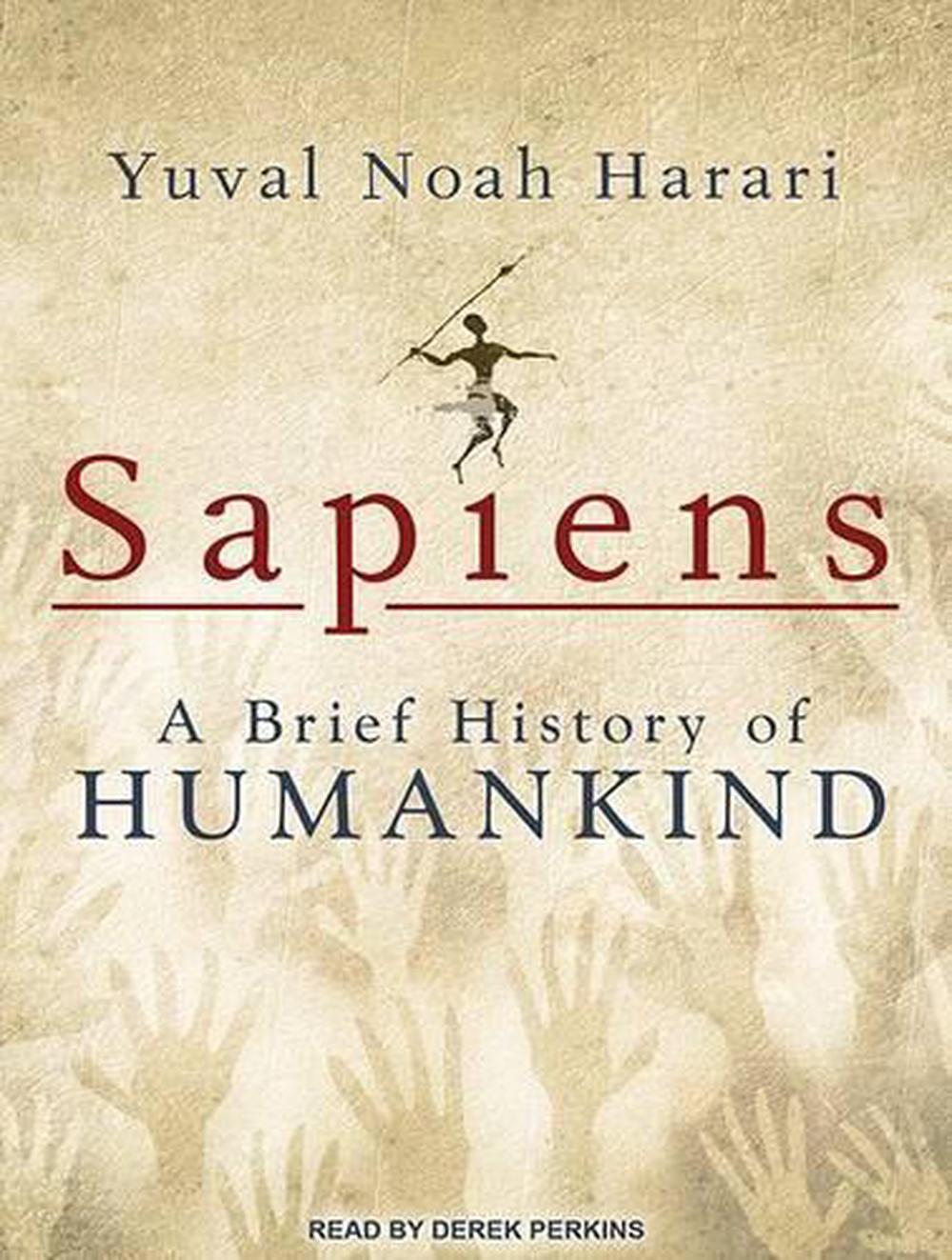

While it was positively received by the general public, scholars with relevant subject matter expertise have been very critical of its scientific and historical claims. The account is situated within a framework that intersects the natural sciences with the social sciences. The book, focusing on Homo sapiens, surveys the history of humankind, starting from the Stone Age and going up to the twenty-first century. It tackles the biggest questions of history and of the modern world, and it is written in unforgettably vivid language.Sapiens: A Brief History of Humankind ( Hebrew: קיצור תולדות האנושות, ) is a book by Yuval Noah Harari, first published in Hebrew in Israel in 2011 based on a series of lectures Harari taught at The Hebrew University of Jerusalem, and in English in 2014. “Here is a simple reason why Sapiens has risen explosively to the ranks of an international best-seller. History began when humans invented gods – and will end when humans become gods. With the help of novel technologies, within a few centuries or even decades, Sapiens will upgrade themselves into completely different beings, enjoying godlike qualities and abilities.

 We are far more powerful than our ancestors, but we aren’t much happier. Individualism was fostered by states and markets as a way of breaking up families and communities. The treatment of animals in modern agriculture may turn out to be the worst crime in history. Capitalism is a religion rather than just an economic theory – and it is the most successful religion to date. Empire is the most successful political system humans have invented, and our present era of anti-imperial sentiment is probably a short-lived aberration. Money is the most universal and pluralistic system of mutual trust ever devised. The Agricultural Revolution was history’s biggest fraud – wheat domesticated Sapiens rather than the other way around. Sapiens are ecological serial killers – even with stone-age tools, our ancestors wiped out half the planet’s large terrestrial mammals well before the advent of agriculture. We rule the world because we are the only animal that can believe in things that exist purely in our own imagination, such as gods, states, money and human rights. The book’s conclusions are enlightening and at times provocative. Sapiens invites us to not only connect past developments with present concerns, but moreover to question our basic narratives of the world.
We are far more powerful than our ancestors, but we aren’t much happier. Individualism was fostered by states and markets as a way of breaking up families and communities. The treatment of animals in modern agriculture may turn out to be the worst crime in history. Capitalism is a religion rather than just an economic theory – and it is the most successful religion to date. Empire is the most successful political system humans have invented, and our present era of anti-imperial sentiment is probably a short-lived aberration. Money is the most universal and pluralistic system of mutual trust ever devised. The Agricultural Revolution was history’s biggest fraud – wheat domesticated Sapiens rather than the other way around. Sapiens are ecological serial killers – even with stone-age tools, our ancestors wiped out half the planet’s large terrestrial mammals well before the advent of agriculture. We rule the world because we are the only animal that can believe in things that exist purely in our own imagination, such as gods, states, money and human rights. The book’s conclusions are enlightening and at times provocative. Sapiens invites us to not only connect past developments with present concerns, but moreover to question our basic narratives of the world.







 0 kommentar(er)
0 kommentar(er)
